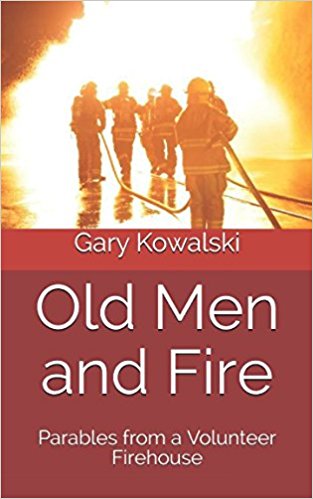Suppose they gave a war and nobody came? It sounds like a holiday fantasy. But the truth is that human kindness is always
waiting to break out, making “peace on earth, goodwill to all” much more than a
feel-good slogan or season’s greeting.
History proved it a hundred years ago, when a week before
Christmas at Armentieres, German
soldiers slipped a chocolate cake behind enemy lines and invited the Brits to
attend a soiree—ceasing all hostilities.
By nightfall of December 23, Christmas Trees were appearing along the
German lines, with placards proposing “You No Fight–We No Fight.” Soon the Belgians and the French were getting
into the spirit. Albert Moren of the 2nd
Queen’s Regiment remembered a beautiful,
snowy moonlit Christmas Eve when a commotion stirred in the German trenches. “And
then they sang ‘Silent Night’–‘Stille Nacht.’ I shall never forget it.”
Others would try to forget it. The powers-that-be wanted to pretend the
Christmas Truce never happened. In the
French press, censorship was complete.
The English military’s official history of the war minimized the
occurrence, and the Tägliche Rundschau
for New Year’s Day of 1915 reminded its readers that “War is no sport.” The idea that ordinary foot soldiers might
simply put down their guns and refuse to kill was subversive, to say the
least. And so the truce was treated with
disdain by those in authority, leaving gaps in our historical knowledge. But what seems clear is that something remarkable
happened.
“What a sight--”
recalled one of the soldiers with the Seaforth Highlanders, “–little groups of
Germans and British extending almost the length of our front! Here we were laughing and chatting to men
whom only a few hours before we were trying to kill!” That irony wasn’t lost on Sir Kingsley Wood,
a major in the British infantry who later went to Parliament. During a debate in the House of Commons in
1930, he not only recalled fraternizing with the enemy but declared that “if we
had been left to ourselves there would never have been another shot fired.”
But of course, wars must go on, and when peace once again
threatened to upset the grand strategy, the generals were ready. The following December, the British command
ordered a slow, unrelenting artillery barrage during every daylight hour in the
days leading up to Christmas, with trench raids by night.
But what if they gave a war and nobody came? What if a century ago the generals had been
unable contain the spread of camaraderie across the battle lines? Not only would the First World War have ended
amicably, but there might have been no Nazi Germany and no Third Reich. For Adolph Hitler was a corporal in the
German army in 1914. He was serving as a
field messenger in Flanders that December.
Others in his unit crossed the no-man’s-land to share Christmas with the
British, but Herr Hitler refused. “Such
a thing should not happen in wartime,” he raged. “Have you no German sense of honor left at
all?” Perhaps the future dictator would
have remained a corporal, or gone back to painting picture postcards for a living.
The Christmas Truce was ultimately short lived, a few
days respite in a grueling war. But the
notable thing is not that the peace was brief, but that it happened at
all. Though the Truce didn’t change the world,
it touched millions of lives while pointing toward what’s best and truest in
human nature: not the desire for vengeance or annihilation but the simple urge
to lay down arms and live in peace.










